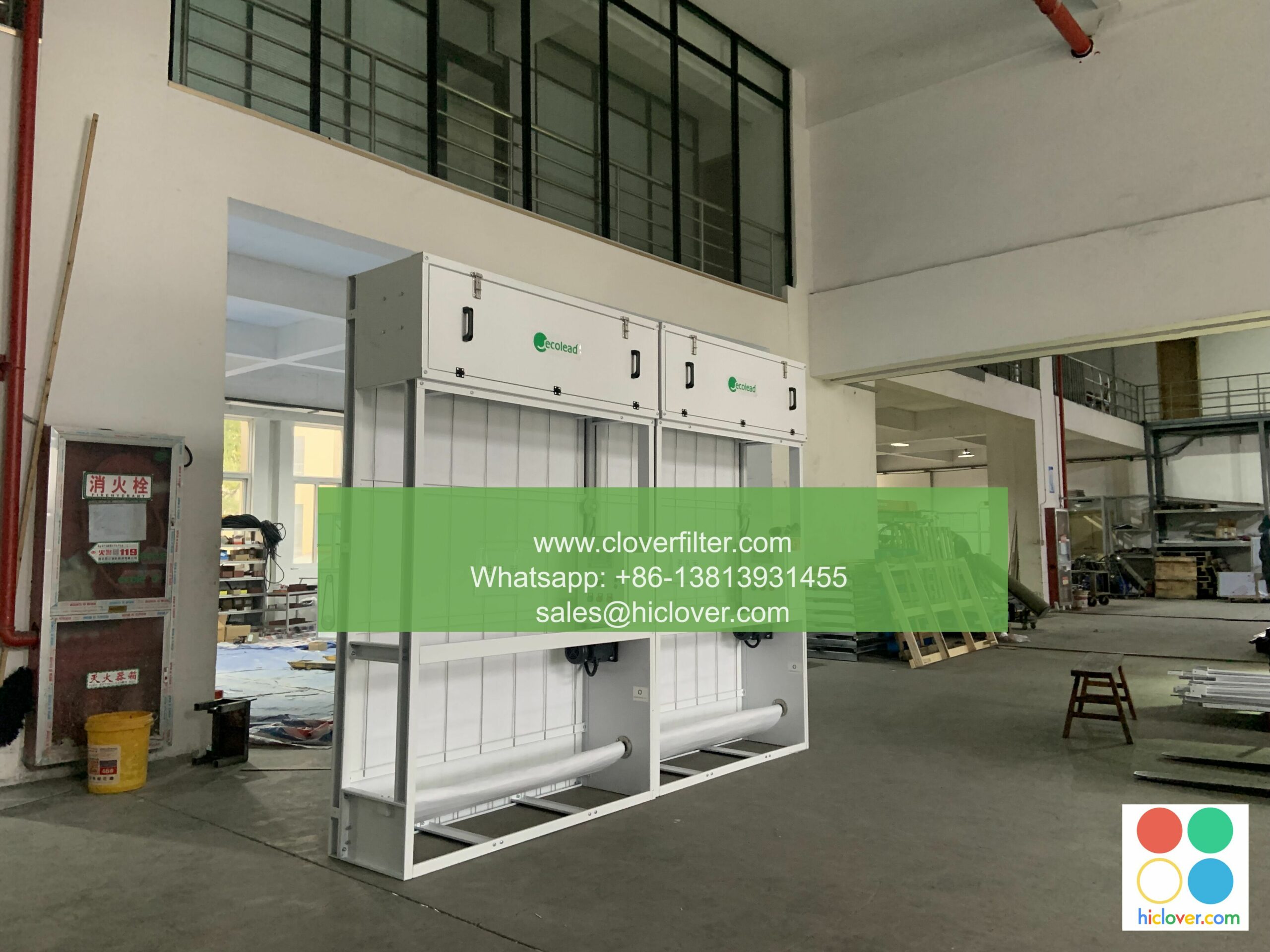How to Develop an Effective Air Filter Program for Your Business

As a business owner, maintaining good indoor air quality (IAQ) is crucial for the health, comfort, and productivity of your employees, customers, and visitors. An effective air filter program is essential to remove pollutants, allergens, and other airborne contaminants from the air, improving overall indoor air quality and reducing the risk of respiratory problems. In this article, we will discuss the importance of air filtration, the benefits of an effective air filter program, and provide guidance on how to develop a comprehensive program tailored to your business needs.
Key Considerations for an Effective Air Filter Program
When developing an air filter program, there are several key factors to consider, including:
* Filter types and efficiencies: Different types of filters, such as HEPA filters, activated carbon filters, and electrostatic filters, are designed to capture specific types of pollutants. Understanding the different filter types and their efficiencies is crucial to selecting the right filter for your business.
* Air flow rates and velocities: The air flow rate and velocity of your HVAC system will impact the effectiveness of your air filter program. Ensuring that your filters are designed to handle the required air flow rates and velocities is essential to maintaining good IAQ.
* Maintenance and replacement schedules: Regular maintenance and replacement of air filters are critical to ensuring the effectiveness of your air filter program. Developing a schedule for filter maintenance and replacement will help prevent filter failure and maintain good IAQ.
Application Areas for Air Filter Programs
Air filter programs can be applied in various settings, including:
* Commercial offices: Good IAQ is essential for employee health and productivity in commercial offices. An effective air filter program can help remove pollutants and allergens from the air, improving overall IAQ.
* Healthcare facilities: In healthcare facilities, maintaining good IAQ is critical to preventing the spread of airborne diseases and infections. An effective air filter program is essential to removing airborne pathogens and other contaminants from the air.
* Industrial settings: Industrial settings, such as manufacturing facilities and warehouses, often generate airborne pollutants and contaminants. An effective air filter program can help remove these pollutants, improving IAQ and reducing the risk of respiratory problems.
* Schools and universities: Good IAQ is essential for student health and productivity in educational settings. An effective air filter program can help remove pollutants and allergens from the air, improving overall IAQ.
Benefits of an Effective Air Filter Program
An effective air filter program can provide numerous benefits, including:
* Improved indoor air quality: By removing pollutants and allergens from the air, an effective air filter program can improve overall IAQ, reducing the risk of respiratory problems and other health issues.
* Increased energy efficiency: A well-designed air filter program can help reduce energy consumption by improving the efficiency of your HVAC system.
* Extended equipment life: Regular maintenance and replacement of air filters can help extend the life of your HVAC equipment, reducing the need for costly repairs and replacements.
* Enhanced employee productivity: Good IAQ can improve employee health, comfort, and productivity, leading to increased job satisfaction and reduced absenteeism.
Implementing an Effective Air Filter Program
To implement an effective air filter program, follow these steps:
1. Conduct an indoor air quality assessment: Assess the current IAQ in your business to identify areas for improvement.
2. Select the right filters: Choose filters that are designed to capture the specific types of pollutants and allergens present in your business.
3. Develop a maintenance and replacement schedule: Create a schedule for regular filter maintenance and replacement to ensure the effectiveness of your air filter program.
4. Monitor and evaluate: Continuously monitor and evaluate the effectiveness of your air filter program, making adjustments as needed to maintain good IAQ.
By following these steps and considering the key factors outlined in this article, you can develop an effective air filter program tailored to your business needs, improving IAQ, reducing the risk of respiratory problems, and enhancing employee productivity and job satisfaction. It seems like you haven’t provided a prompt or question for me to respond to. Please go ahead and provide more context or ask your question, and I’ll do my best to provide a helpful and direct answer.

